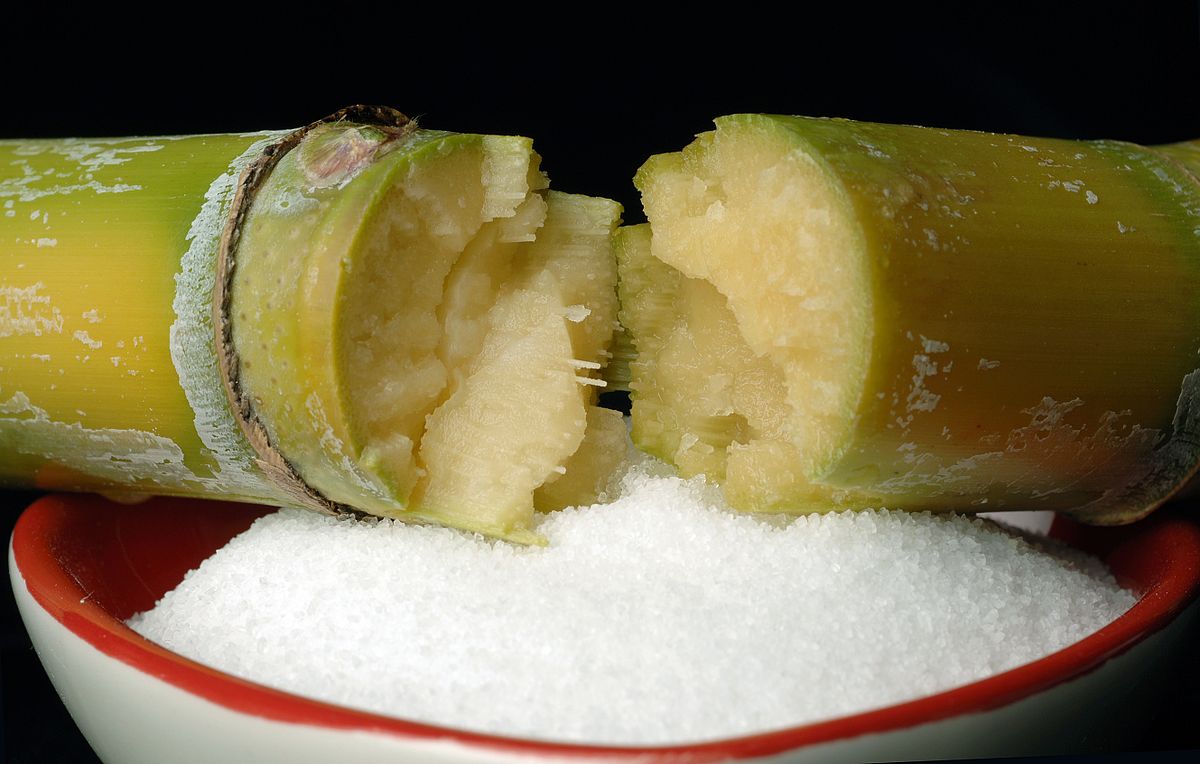Newest Fads in Cane Sugar Processing Chemicals
Newest Fads in Cane Sugar Processing Chemicals
Blog Article
Navigating Regulatory Compliance and Sustainability With Cutting-Edge Cane Sugar Handling Chemicals in the Chemical Export Sector

Regulatory Landscape Summary
In the world of cane sugar handling chemicals within the chemical export market, recognizing the regulative landscape is extremely important for making certain conformity and sustainable operations. Regulative bodies such as the Environmental Security Agency (EPA) and the Fda (FDA) play an important function in overseeing the manufacturing, import, and export of these chemicals. Conformity with laws set forth by these bodies is not just a lawful need yet additionally essential for maintaining public health and environmental security requirements.
Regulatory structures regulating cane sugar handling chemicals incorporate a large range of aspects, including labeling requirements, acceptable degrees of specific compounds, and guidelines for safe handling and disposal. For chemical merchants, this suggests sticking to strict paperwork processes, quality assurance measures, and regular audits to show adherence to these policies.

Lasting Walking Stick Sugar Chemical Innovations

One noticeable location of technology is the growth of eco-friendly chemicals that reduce water and energy consumption during the sugar handling phases. By applying these lasting options, firms can reduce their carbon footprint while maintaining high levels of performance. In addition, improvements in naturally degradable chemicals are getting traction, offering a more eco-friendly alternative to traditional handling representatives.
Additionally, the integration of renewable resource sources in the production process is becoming more common, further enhancing the sustainability profile of walking stick sugar processing. By accepting these sustainable walking cane sugar chemical advancements, companies can not just satisfy regulatory needs however additionally demonstrate a commitment to ecological responsibility in the chemical export sector.
Compliance Obstacles in Exporting Chemicals
Navigating governing structures presents significant obstacles for chemical exporters, calling for precise focus to conformity requirements and global legislations. Exporting chemicals entails adherence to a complicated internet of policies that differ from country to nation. Among the main conformity difficulties faced by chemical merchants is guaranteeing that the items meet the details regulative needs of the importing country. This consists of obtaining the essential licenses, accreditations, and documentation to show the security and validity of the chemicals being exported.
In addition, chemical merchants must stay abreast of continuously advancing regulations and standards associated with chemical handling, production, and transportation. Failing to abide by these regulations can result in severe consequences, including fines, legal activity, and reputational damages. Browsing trade restrictions, permissions, and export control laws adds an additional layer of intricacy to the compliance landscape for chemical exporters.
To minimize these difficulties, chemical exporters should spend in durable compliance programs, perform routine audits, and engage with governing authorities to make sure a complete understanding of the applicable regulations and laws. By prioritizing compliance and staying aggressive in resolving governing obstacles, chemical exporters can browse the intricacies of global trade efficiently.
Environmental Impact of Walking Stick Sugar Processing
The environmental ramifications of walking stick sugar handling are an essential aspect calling for complete exam in the chemical export industry. Cane sugar handling can have substantial environmental influences at various stages of manufacturing. One of the main problems is the generation of large volumes of wastewater having raw material, suspended solids, and chemicals made use of in the processing plants. This wastewater, if not effectively dealt with, can pollute water bodies, damage marine life, and degrade general water top quality. Additionally, the burning of sugarcane fields before gathering, an usual practice in some regions, releases dangerous air toxins and greenhouse gases into the atmosphere, adding to air high quality concerns and environment change.
In addition, the comprehensive use of pesticides and fertilizers in sugarcane growing can bring about dirt destruction, water contamination, and injury to non-target organisms. It is critical for chemical merchants associated with the walking stick sugar handling market to execute sustainable practices, spend in innovative wastewater therapy innovations, promote responsible agricultural approaches, and comply with rigid environmental regulations to minimize the content adverse ecological effect of their operations.
Future Trends in Sustainability Practices
What cutting-edge strategies are chemical merchants in the cane sugar handling market taking on to boost sustainability methods for the future? As the demand official site for lasting methods continues to expand, chemical exporters are welcoming different patterns to ensure a greener future for the sector. One popular trend is the change towards creating and using environmentally friendly chemicals in the processing of walking stick sugar. These chemicals are designed to decrease environmental influence while preserving high degrees of effectiveness in the manufacturing process.
Another crucial fad is the implementation of sophisticated innovations such as automation and data analytics to enhance resource usage and lower waste generation. By utilizing the power of data and automation, chemical merchants can streamline their procedures, enhance power efficiency, and boost overall sustainability efficiency.
Moreover, cooperations and collaborations with sustainability-focused organizations and stakeholders are becoming increasingly typical. By interacting, chemical exporters can trade understanding, share best methods, and collectively drive innovation towards more lasting walking stick sugar processing methods. Accepting these patterns will not just benefit the setting however additionally make sure lasting success and competition in the sector.
Final Thought
In conclusion, the chemical export industry have to browse complex regulatory landscapes and sustainability obstacles when refining walking stick sugar. Innovations in walking cane sugar handling chemicals are important to meeting conformity requirements and decreasing environmental influence. As the industry proceeds to evolve, it is very important for companies to embrace lasting techniques and stay in advance of future fads to guarantee lasting success.
In the realm of walking cane sugar her response processing chemicals within the chemical export market, understanding the regulatory landscape is critical for making sure conformity and lasting operations.Checking out ingenious methods in the growth of lasting walking stick sugar chemical remedies is important for advancing ecological stewardship in the chemical export sector. Firms are increasingly spending in research and advancement to develop advanced walking cane sugar processing chemicals that not only guarantee high efficiency in sugar manufacturing however also adhere to rigorous sustainability requirements.
Furthermore, chemical exporters need to remain abreast of regularly evolving laws and standards associated to chemical manufacturing, transportation, and handling - Cane Sugar Processing Chemicals.The environmental ramifications of cane sugar processing are an important aspect calling for detailed exam in the chemical export sector
Report this page